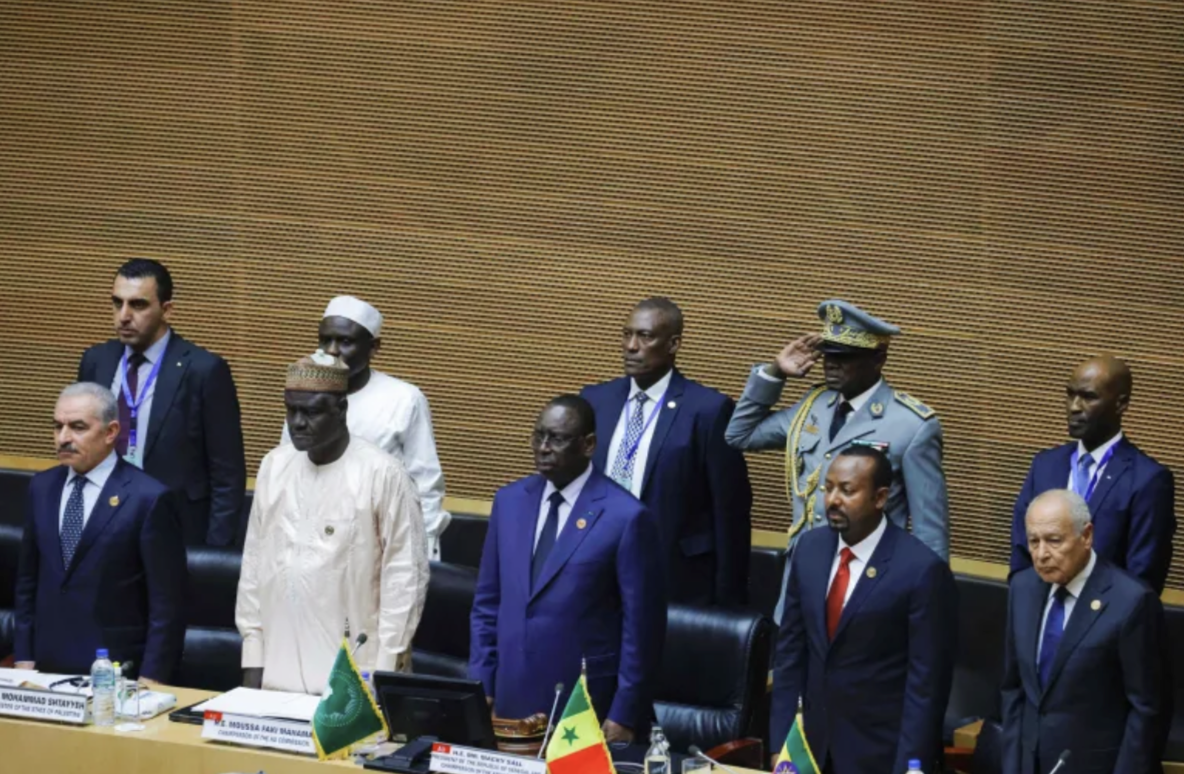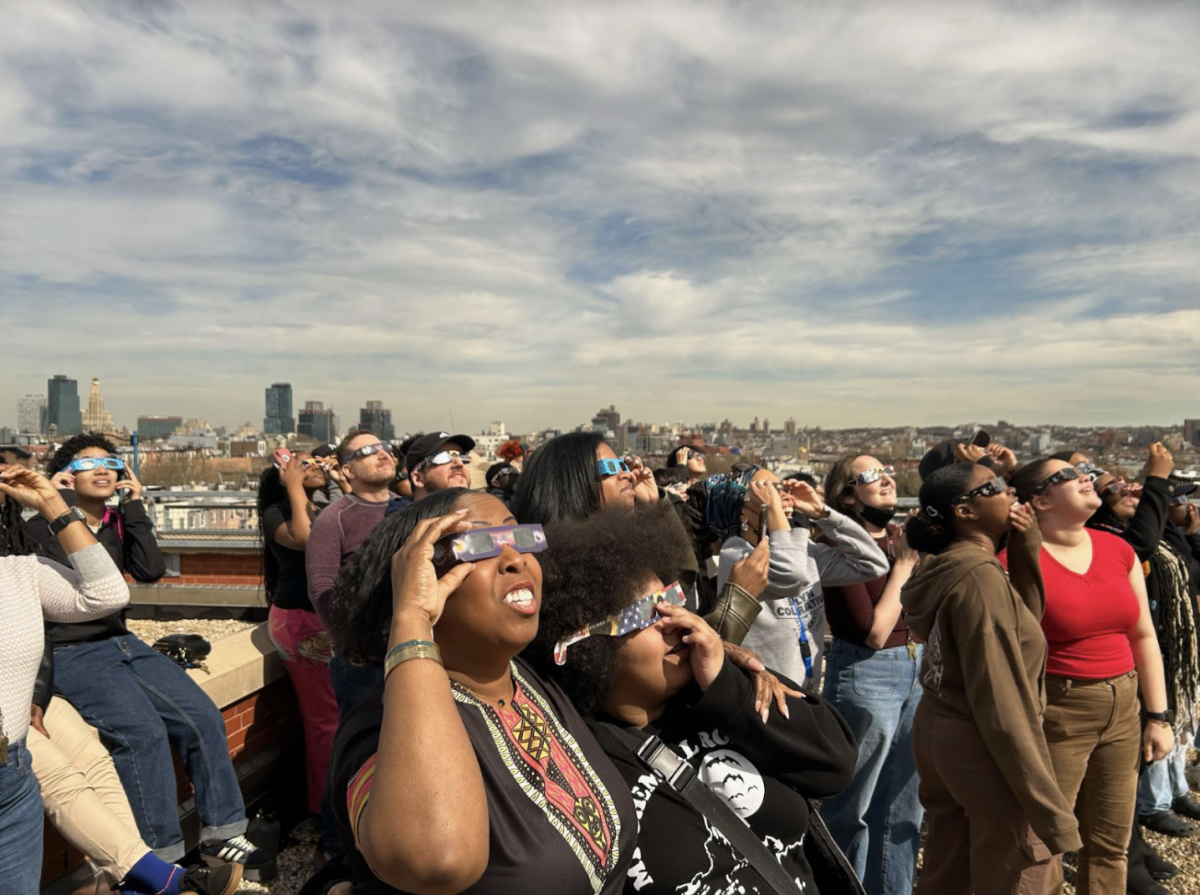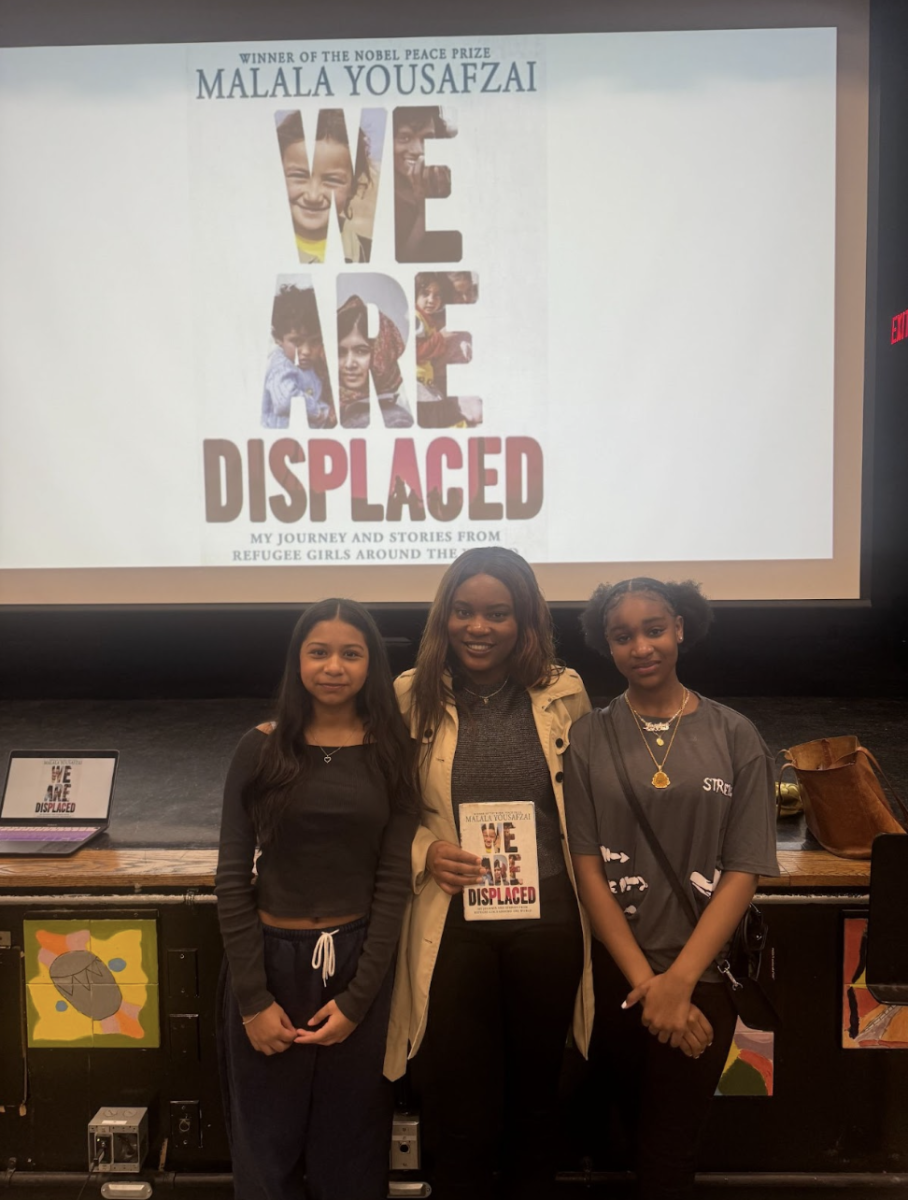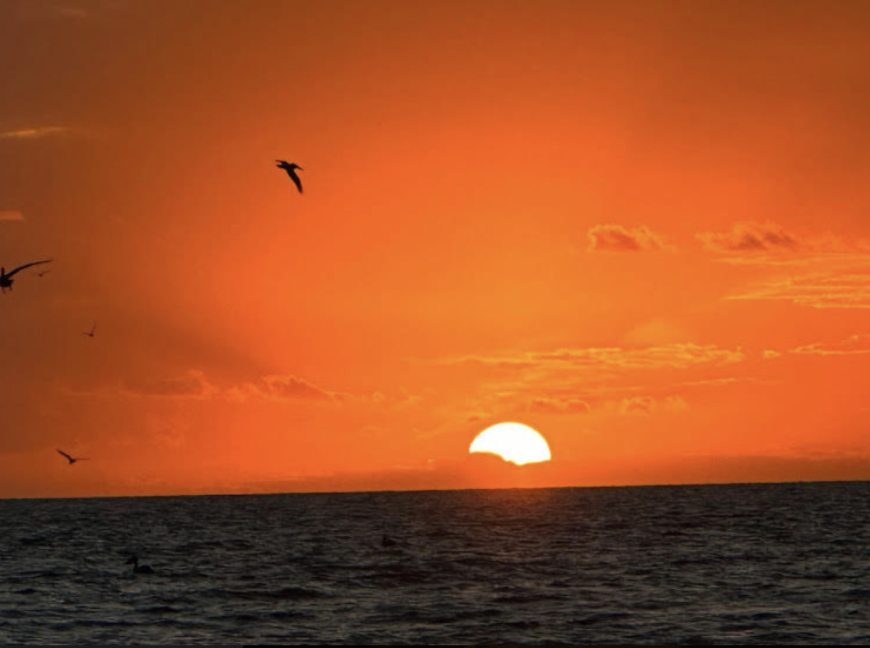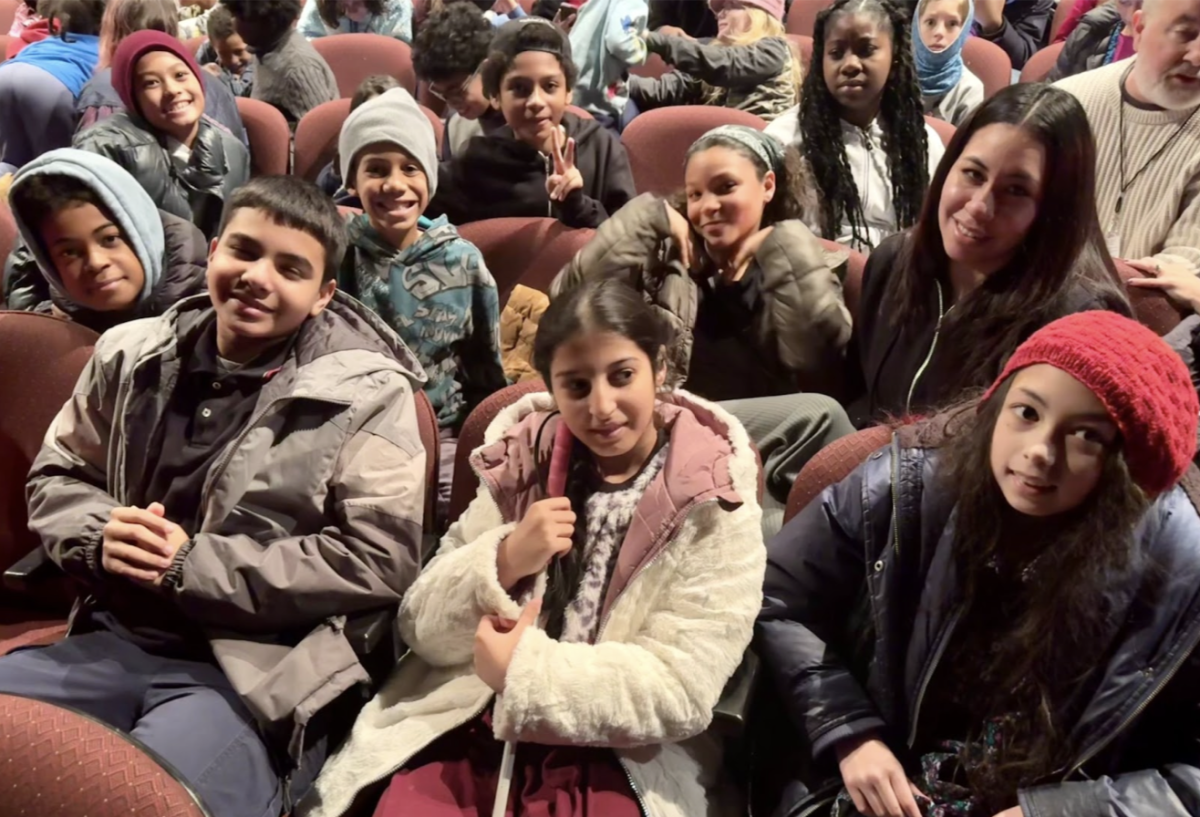Just last week, African leaders convened at Ethiopia’s capital of Addis Abba for the 37th annual African Union Summit. The stated goals of this summit are to “discuss issues of peace, development and integration against the backdrop of resurgent coups, global food and commodity crises and heightened geopolitical competition across the continent (Al Jazeera),” according to former Ethiopian Minister of Minerals and Energy, Takele Uma Banti. Image: Tiksa Negeri, Reuters.
The summit is just the latest of a decades-long alliance between multiple African countries to become more prominent figures on the international stage, as well as address the challenge many of them currently face. Banti (as well as myself) note that certain global powers still desire sway on the continent, with multiple “Africa summits” being hosted by individual countries not from Africa.
An example of this was the United States’ African Leaders Summit, which the US Government states is “Rooted in this recognition that Africa is a key geopolitical player,” and that “U.S. collaboration with African leaders, as well as civil society, business, diaspora, women, and youth leaders, is essential to unlocking the potential of this decisive decade,” a sentiment that eerily reflects the days of the Monroe Doctrine and its infiltration of the lower Americas.
It seems that even in the 21st Century, Africa is being treated like a child servant to countries that were once wholly dependent on its resources (and still are to an extent; we get most of our uranium from Ethiopia). And so says Banti’s article, “It is time for a new Africa beyond borders and boundaries.” It has certainly taken long enough.
You see, this is just the most recent and effective incarnation of Pan-Africanism or, as described by Encyclopaedia Britannica, “the idea that peoples of African descent have common interests and should be unified.” While I would argue that it is somewhat of a simplification of a multi-faceted school of thought, that is the general understanding.
The oldest modern incarnation of this is the Pan-African Association, an organization formed in 1897 to “promote and protect the interests of all subjects claiming African descent, wholly or in part, in British colonies and other place, especially Africa, by circulating accurate information on all subjects affecting their rights and privileges as subjects of the British Empire, by direct appeals to the Imperial and local Governments.”
It is an organization which aggravatingly has little presence on the internet, save for a well-researched Wikipedia article that cites books I am at present unable to access. An organization often confused with the African Association, a well-documented British Saturday’s club dedicated to exploring West Africa that is widely known as “the beginning of the age of African exploration (Kryza, The Race for Timbuktu).” This club for “titled Londoners” set a precedent for the Berlin Conference. Fun stuff.
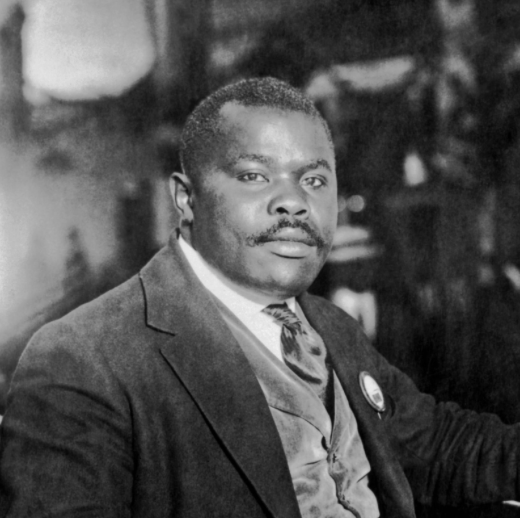 I would be remiss not to mention the works of W.E.B Du Bois and the ever-ambitious Marcus Garvey (pictured here), who are probably the most prominent names in the movement, if for starkly different reasons. I would wish to indulge more on these figures but it’s dinnertime and my editor cannot afford me writing for a decade. So I encourage you to do your own research. Image: Library of Congress.This year’s African Union Summit was not without its problems. A French journalist was detained by the Ethiopian government during a meeting with an official from an opposition party (France24), the president of Somalia attests that Ethiopian security forces tried to restrict him from the Summit (VOA News), and Ethiopia itself is still recovering from civil war, tensions running high (Al Jazeera). But at least in the present we have the dim hope of a united Africa, involved in international politics. We have come far, yet there is much farther to go.
I would be remiss not to mention the works of W.E.B Du Bois and the ever-ambitious Marcus Garvey (pictured here), who are probably the most prominent names in the movement, if for starkly different reasons. I would wish to indulge more on these figures but it’s dinnertime and my editor cannot afford me writing for a decade. So I encourage you to do your own research. Image: Library of Congress.This year’s African Union Summit was not without its problems. A French journalist was detained by the Ethiopian government during a meeting with an official from an opposition party (France24), the president of Somalia attests that Ethiopian security forces tried to restrict him from the Summit (VOA News), and Ethiopia itself is still recovering from civil war, tensions running high (Al Jazeera). But at least in the present we have the dim hope of a united Africa, involved in international politics. We have come far, yet there is much farther to go.
